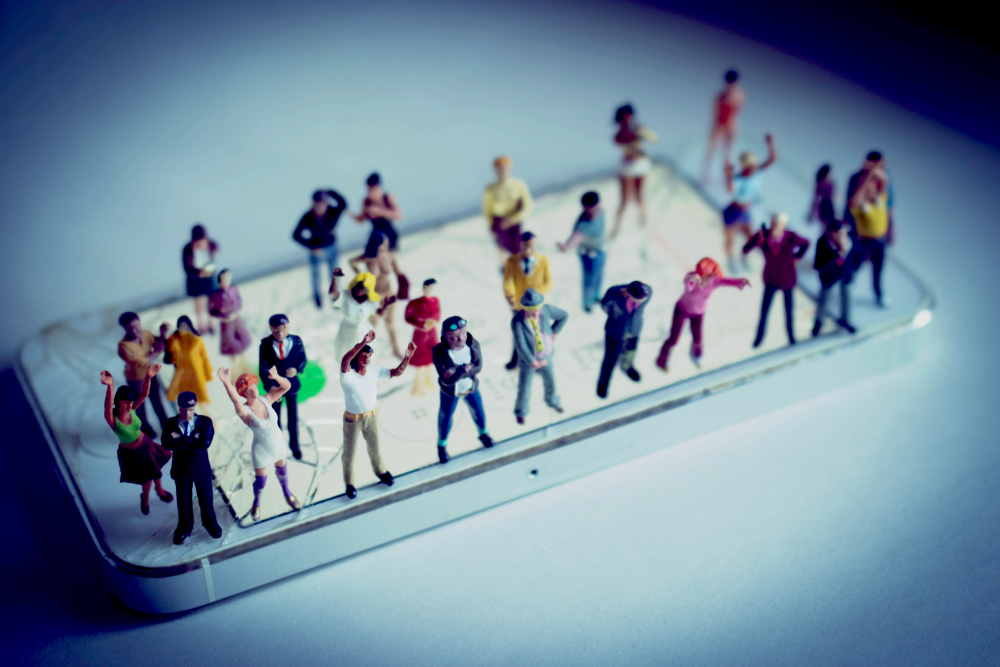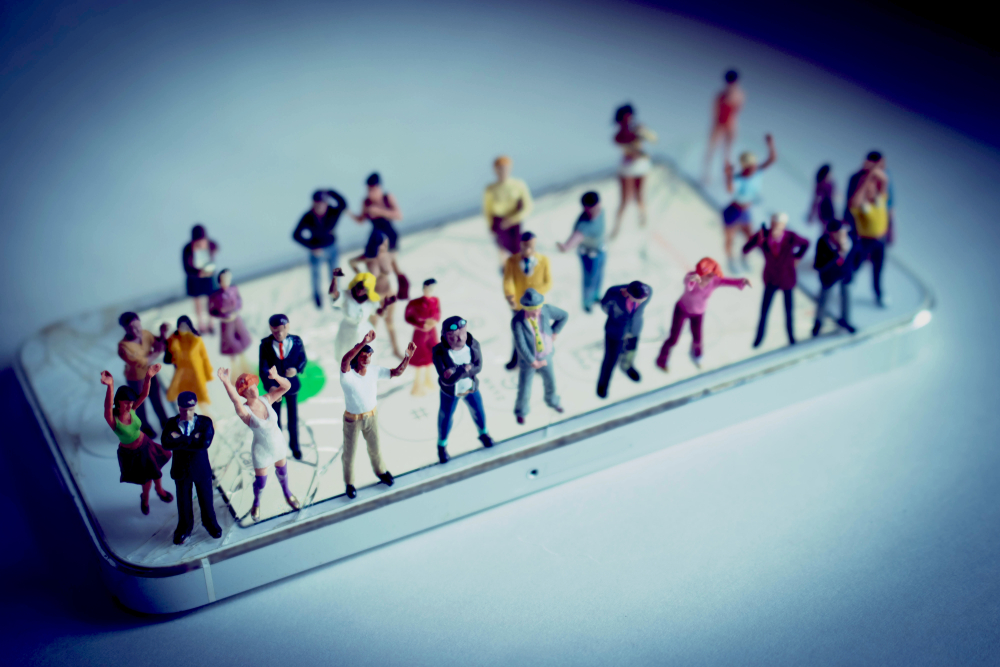
The Psychology of Cancel Culture: Understanding Its Impact , Cancel culture is largely a product of social media because it allows huge numbers of people to come together to express their dislike or disapproval of certain people.
By “cancelling” people, you’re taking away their voice, their business, and their platform. In a sense, you’re “putting out the fuel on their fire,” especially in the public eye, says psychologist Audrey Tang.
Cancel Culture
Is not that cancel the culture didn’t exist before social media—series and sitcoms could be canceled as viewership declined. But in the age of social media, it can spread much faster if we decide we don’t want to hear from certain public figures anymore, says Tang, author of the book The Leader’s Guide to Sustainability. “It’s a lot more immediate than it would have been before,” she says.
Is Cancel Culture Effective?
Yes, it works really well. Too good, according to Tang.
When people decide they no longer want to hear from a celebrity or public figure because of something they’ve said or done, there’s enough steam behind it as a result of social media to influence media executives. While in the past TV shows were primarily driven by ratings; now social media is much more impactful.
Tang points to recent examples of cancellation culture like Amber Heard. After the public turned against her and “cancelled” her, it became unlikely that media executives would hire her because they were nervous about public opinion. “It just becomes too much of a risk,” she says.
Read more: Social media is not to blame for the decline of face-to-face communication
The Negative Effects of Cancel Culture
Tang says that especially in universities, the culture of cancellation can be a challenge to free speech. For example, when universities invite certain public figures to speak and then students leave their talks, it leaves less room for debate. Not listening to opposing views, she says, takes away from our learning and our ability to ask questions. “We don’t learn how to challenge and challenge them,” Tang says.
We also risk living in an echo chamber because if we are never challenged, we never grow. As a result, a culture of cancellation cuts off the middle ground and is in the middle where we are best at solving problems.
“I’m not saying we should condone undesirable views at all, but if we’re not willing to think deeply about critical arguments, then we’re missing out on a great deal of knowledge,” Tang says.
Read more: Collective behavior and why some crowds get out of control
What does de-culture mean for your brain?
Cancel culture also teaches kids and teenagers the easy way out. It’s easier to silence or exclude those you disagree with, but the easy way out isn’t always the most effective because we don’t engage in complex thinking.
It’s also worth remembering, Tang says, that prefrontal cortex, the part of the brain involved in complex thinking does not fully develop until age 25. “I wouldn’t want to judge a teenager for this behavior because their brain isn’t fully formed yet,” she says.
Tang also argues that humans are “cognitive misers,” meaning that when given the chance, our brains would prefer to solve problems with less effort because we can’t manage too much information at once. It’s a problem that’s made much worse in the age of social media, when a huge amount of information is flying at us from all directions.
“It’s not a great way to deal with problems, but a culture of rejection can be a filter that people use as a survival mechanism,” says Tang.
Read more: Why are emotions contagious?
Why we are drawn to undo culture
It makes sense that our brains are wired to override culture, but that doesn’t mean it’s the best way to live in a society where we all have to at least try to get along.
Tang says it’s worth taking the time and energy to learn widely about opposing views. She also argues that you should carefully call people out if they are discriminating. Simply saying, “I’m sorry, could you repeat that, please?” allows people to rethink what they’ve said. If they repeat it, ask them why they think that.
Ultimately, it’s about expanding our horizons, even when it’s uncomfortable. “Listen, study, read a lot and travel,” says Tang. Here’s how to be a responsible member of society instead of just rejecting those you disagree with.
Read more: Shame and the rise of the social media outrage machine

